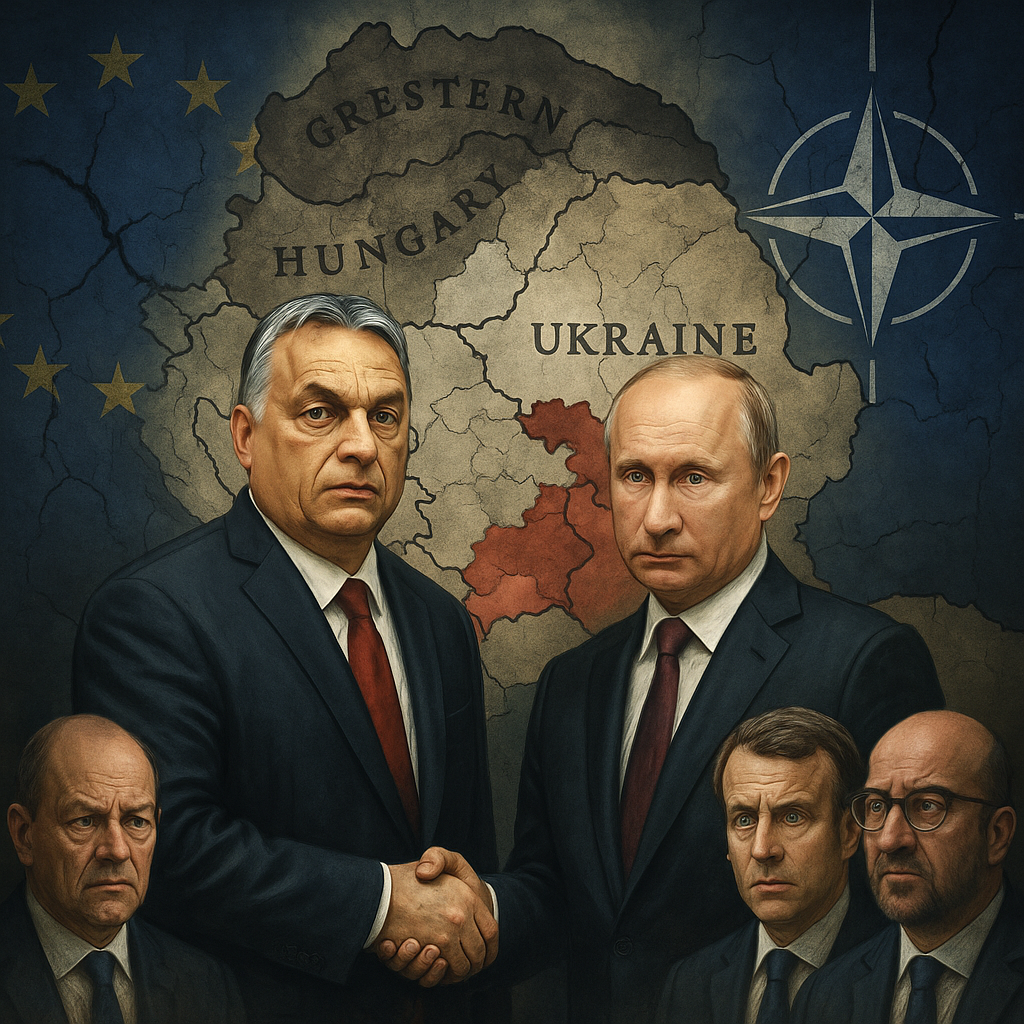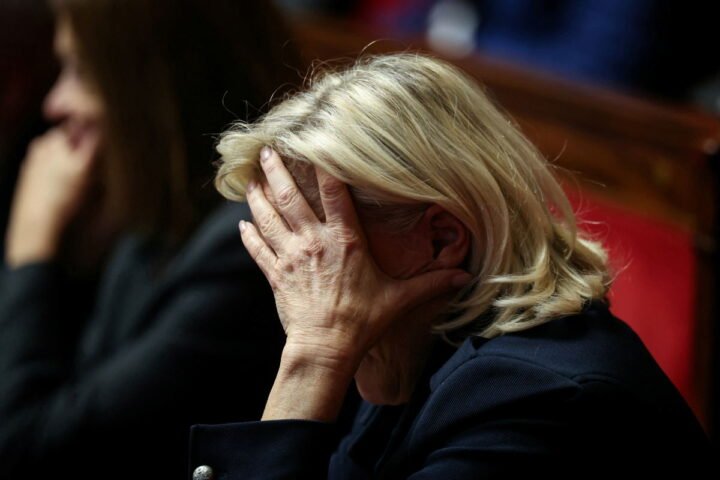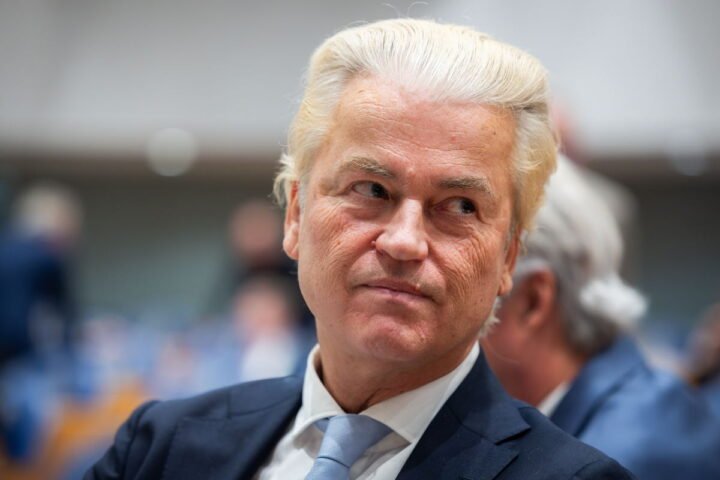We’ve long grown accustomed to the fact that Viktor Orbán — not to be confused with Hungary itself — has become a sort of Trojan horse within the European Union and NATO. While enjoying the privileges of both alliances, he has increasingly pursued pro-Kremlin policies. But recently, the situation has taken a far more troubling turn: Orbán has effectively aligned himself with Putin in a high-stakes gamble that directly threatens Europe’s security.
To understand what’s happening, one must walk the streets of Budapest, where maps of “Greater Hungary” are commonly displayed. These maps include parts of modern-day Slovakia, Croatia, Serbia, Romania, and Ukraine.
The reason for this is fairly straightforward: upon coming to power, Orbán failed to deliver the level of economic development seen in neighboring countries. Instead, he sought to unite the population around a “great” national cause — territorial expansion. He has wielded the theme of “historical injustice” as a tool for domestic mobilization and foreign policy pressure, stoking revanchist sentiment and exploiting nostalgia for the pre-Trianon Treaty era.
However, Orbán also knows that as a member of the EU and NATO, Hungary cannot realistically achieve this goal within the frameworks of those alliances. So, in order to preserve his grip on power — which was visibly weakening during recent elections — he allegedly struck a deal with Putin. According to Russian opposition sources, as early as 2022, Orbán promised to support Moscow in exchange for a piece of Ukraine — specifically, the Transcarpathian region.
Since then, Hungary has consistently blocked almost every EU and NATO initiative related to Ukraine, often putting forward absurd demands. Brussels has had to find workarounds to bypass Hungary’s vetoes.
Hungarian companies continue to cooperate with Russian entities despite sanctions, and pro-Kremlin narratives are broadcast regularly by media outlets controlled by Orbán. In doing so, Budapest effectively legitimizes Kremlin actions and undermines European unity at a moment when cohesion is vital.
Yet, the deal has collapsed. Ukraine has maintained its independence, and Moscow now has nothing to “transfer” to Budapest. But Orbán’s ambitions haven’t changed — only his tactics have. He’s now using Ukraine’s EU accession process as leverage, tying his support to a list of inflated and often baseless demands. Hungary is using Ukraine’s European integration as a bargaining chip to push its own agenda in Transcarpathia, knowing that once Ukraine joins the EU, any discussion of border changes will be off the table.
For example, Hungary demands that Ukraine recognize the entire Transcarpathian region as a “traditional Hungarian area” — despite the fact that, according to the 2001 census, ethnic Hungarians made up only around 10% of the region’s population, and their numbers have since declined significantly. Many ethnic Hungarians have acquired Hungarian passports and emigrated.
This strategy isn’t limited to Ukraine. Hungary has long pursued a policy of supporting Hungarian minorities abroad. Since 2011, a Hungarian law has simplified citizenship for ethnic Hungarians living in neighboring countries — individuals who are also leveraged by Hungarian intelligence services.
Budapest’s playbook has already been tested in western Romania, in Transylvania near the Hungarian border, where it attempted to establish an autonomous area on allegedly historic Hungarian lands. Similar efforts have been made toward other neighbors but were blocked either by the respective states or the EU — an outcome far less certain in Transcarpathia’s case.
The most recent scandal occurred in May 2025, when Ukrainian intelligence exposed a network of Hungarian military intelligence agents operating in Transcarpathia. Their mission was to gauge public sentiment in the event of a potential deployment of Hungarian troops.
What we are seeing is not just a political maneuver but a strategic threat: the Orbán–Putin alliance, forged in a shared desire to cling to power, represents a dangerous internal subversion of the European project. With his grip weakening, Orbán’s party, Fidesz, recently submitted a draft law to parliament resembling Russia’s infamous “foreign agents” law — aimed at fully silencing the opposition and turning the Hungarian prime minister into a full-fledged dictator.
If left unchecked, the consequences could be irreversible — for Ukraine and for Europe’s entire security architecture.










